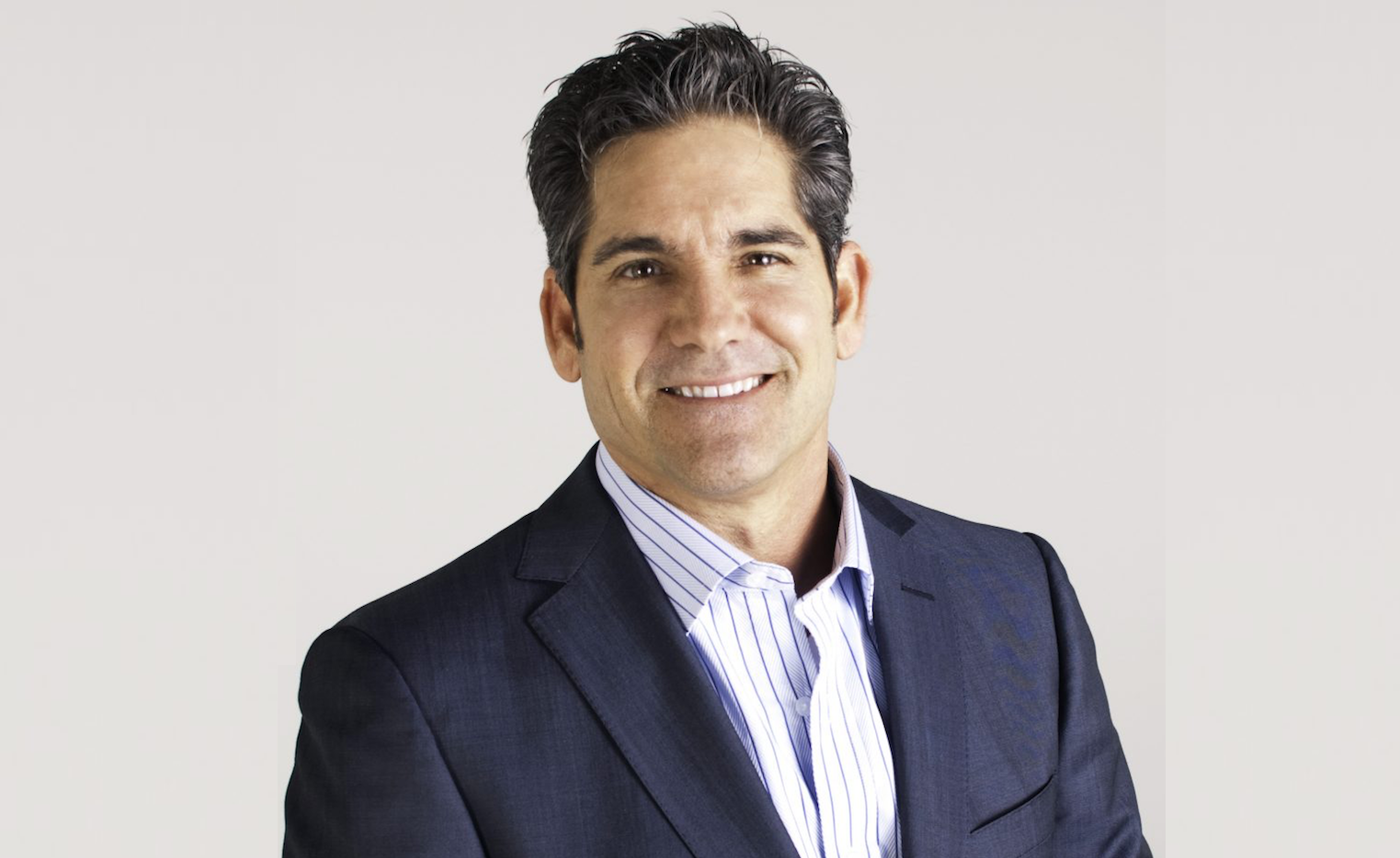
Grant Cardone, a real estate investor, entrepreneur, and motivational speaker, has long been recognized for his uncompromising views on financial success. His message often centers on growth, risk-taking, and the power of bold decisions in business and investing. A recent statement captures the essence of his philosophy: “If you want to get wealthy, stop obsessing over cutting back and start obsessing over making more.”
At the core of Cardone’s perspective is a rejection of traditional advice that stresses frugality. While many financial guides emphasize budgeting and saving as paths to security, Cardone insists that long-term wealth depends on expanding income streams and pursuing opportunities that generate compounding returns. His reminder that “you don’t get rich by saving pennies, you get rich by scaling income” reflects his conviction that financial independence is created by growth, not restraint.
Cardone’s own career is evidence that this philosophy has credibility. Rising from modest beginnings, he built a portfolio of multifamily real estate worth billions of dollars. Central to that achievement has been his use of leverage. He distinguishes between “bad debt,” which finances consumer goods, and “good debt,” which finances assets. As he explains, “bad debt buys toys, good debt buys assets.” By redirecting borrowed capital into income-generating properties, Cardone demonstrates how debt can be a tool for wealth rather than a liability.
Equally important to his message is the role of visibility and presence. In his view, “money loves attention — if people don’t know who you are, they can’t pay you.” This principle extends beyond personal branding into a broader business strategy: success requires not only competence but also recognition. Cardone has leveraged this philosophy through books, seminars, and digital platforms that amplify his reach and reinforce his authority.
The investor also warns against letting cash sit idle. His blunt assertion that “cash is trash” challenges the long-standing practice of accumulating savings as a buffer against uncertainty. Instead, he urges individuals to deploy money into “income-producing assets that pay you every single month.” For Cardone, real estate offers a more reliable and rewarding path than a traditional savings account, which may struggle to keep pace with inflation.
Diversification is another pillar of his approach. According to Cardone, “the wealthy never depend on one flow of income — they create multiple streams so no single setback can wipe them out.” This idea resonates in markets where volatility and economic cycles can quickly undermine reliance on a single source of earnings. By spreading investments across industries and assets, individuals can protect themselves from shocks and sustain long-term growth.
Beyond technical strategies, Cardone’s philosophy carries a motivational edge. He advises people to “think bigger” and insists that “if your goals don’t scare you, you’re playing too small.” His view is that ambition and boldness are not optional but essential. He frames success not as a luxury but as a requirement: “success is your duty, your obligation, and your responsibility. Nobody’s coming to save you, so you better commit to building wealth like your life depends on it — because it does.”
Cardone’s statement is authoritative not only because of his financial achievements but also because it resonates with timeless truths in business. Economic stability rarely comes from caution alone; it often requires initiative, visibility, and the courage to scale. His advice underscores the importance of treating wealth-building as an active pursuit, where growth, investment, and diversification take precedence over simple cost-cutting.
In essence, Cardone’s message challenges conventional wisdom by shifting the focus from saving to scaling. For him, wealth is created not through thrift but through consistent, calculated expansion — a perspective rooted in his own experience and reflective of enduring principles in markets worldwide.







